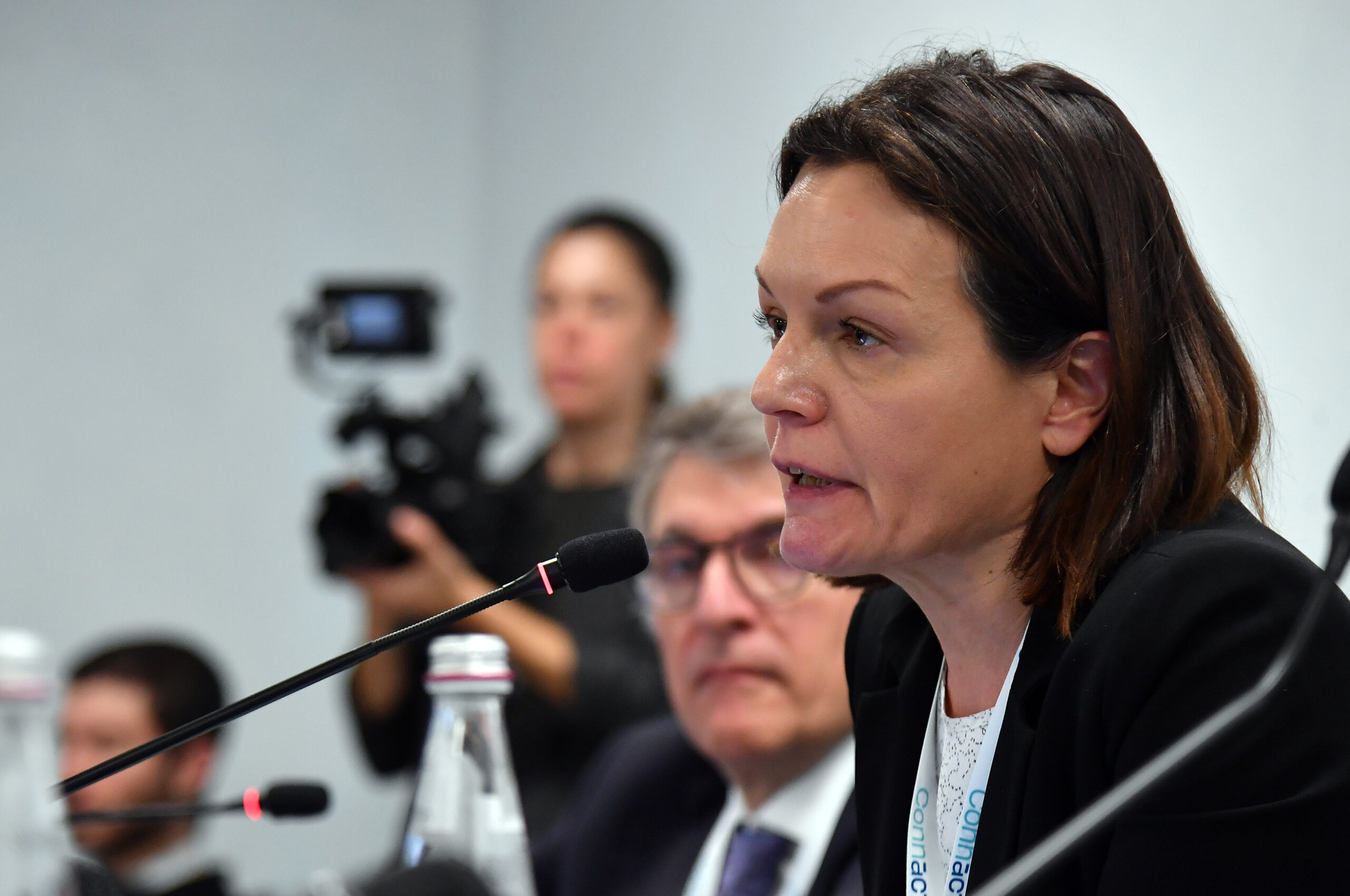Brussels – Invest, innovate, cooperate. These are the three keywords identified by Francois Arbault, director for Defence in the European Commission’s DEFIS DG, to strengthen Europe’s defence industry and military capabilities. Among the goals Brussels has set for itself, the most complex seems to be to achieve greater integration in the defence field. The Rearm Europe plan itself, which later merged into the Readiness2030 White Paper, risks incentivising only national rearmaments. As pointed out by Nicola Zingaretti, head of the Democratic Party’s delegation to the EU Parliament, “deterrence is either European or it is not.”
At the Europa space in Rome, the Connact Defence & Security 2025 event was held today (April 15) titled “Common European Defence: Financing and Industrial Integration.” Focusing on the most operational aspects of the acceleration imposed by Brussels on the EU defence industry were the two MEPs Massimiliano Salini (Forza Italia) and Nicola Zingaretti (PD), Arbault of the Defense and Space Directorate General (DEFIS), Milena Messori, head of the Rome Office of the European Investment Bank (EIB), and Luca D’Agnese, director for Investment Technology Strategy in Cassa Depositi e Prestiti.
In the Defence White Paper, the European Commission suggested a leading role for the EIB to stimulate private investment. As Messori explained, the EIB has already revised its eligibility criteria for financing to “overcome the dual use (civilian-military, ed) approach and thus be able to finance military projects without proving civilian use.” The Luxembourg-based bank would already have “about 20 projects” in the pipeline, and some already aim to increase integration between national armies. For example, the EIB will finance “a project in Lithuania to create a military base that will host a German contingent.” Instead, D’Agnese stressed the importance for those investing “to have certainty,” not “a general idea that the commitment to defence will remain over the years.”

According to Arbault, it is time for the EU to understand that it is “threatened as a whole” and to start thinking about defence “in a more collective way.” The problem is that the instruments put on the table so far by the European Commission—the Safe financing facility for loans to member states of up to 150 billion and the activation of the national safeguard clause of the Stability and Growth Pact for defence spending—go in the opposite direction, because they are nothing more than national debt instruments that member countries can, at their discretion, access to strengthen their national defences.
The criticism made by Salini is that
“Member states must deliver a part of their budgets into the hands of the EU; it is useless to stand in the middle and continue to think that the future of European defence is only the coordination of national defences.” The MEP points to the space sector as a virtuous example: space “is already strongly European,” in the sense that the infrastructure “does not belong to individual states, it is European.”

Nicola Zingaretti, head of the Democratic Party’s delegation to the European Parliament
Along the same lines is the former Dem secretary, who warned that—at the level of member states—”national selfishness is prevailing, slowing down an adequate response.” For Zingaretti, the point is that not all states have the fiscal space to use the tools proposed by the Commission and take on more debt. Germany is doing it for now, but “if the theme of European deterrence is true, it is either such or it is not; it is the rearmament of the states.”
Joint procurement, command coordination, joint projects, and joint training are what is most missing from the Commission’s plans. “The right way would have been a European fund with conditionalities that bind purchases,” Zingaretti suggests, to avert the risk of “opening a season of heavy indebtedness to a largely non-European industry.” The European Parliament’s Committee on Security and Defense (SEAT) will vote on the EDIP (European Defense Industry Program) regulation on April 24, but the Brussels chamber will instead have no say in modifying the rearmament plan, for which Ursula von der Leyen has called for the urgency procedure that effectively bypasses the EU Parliament.
English version by the Translation Service of Withub







